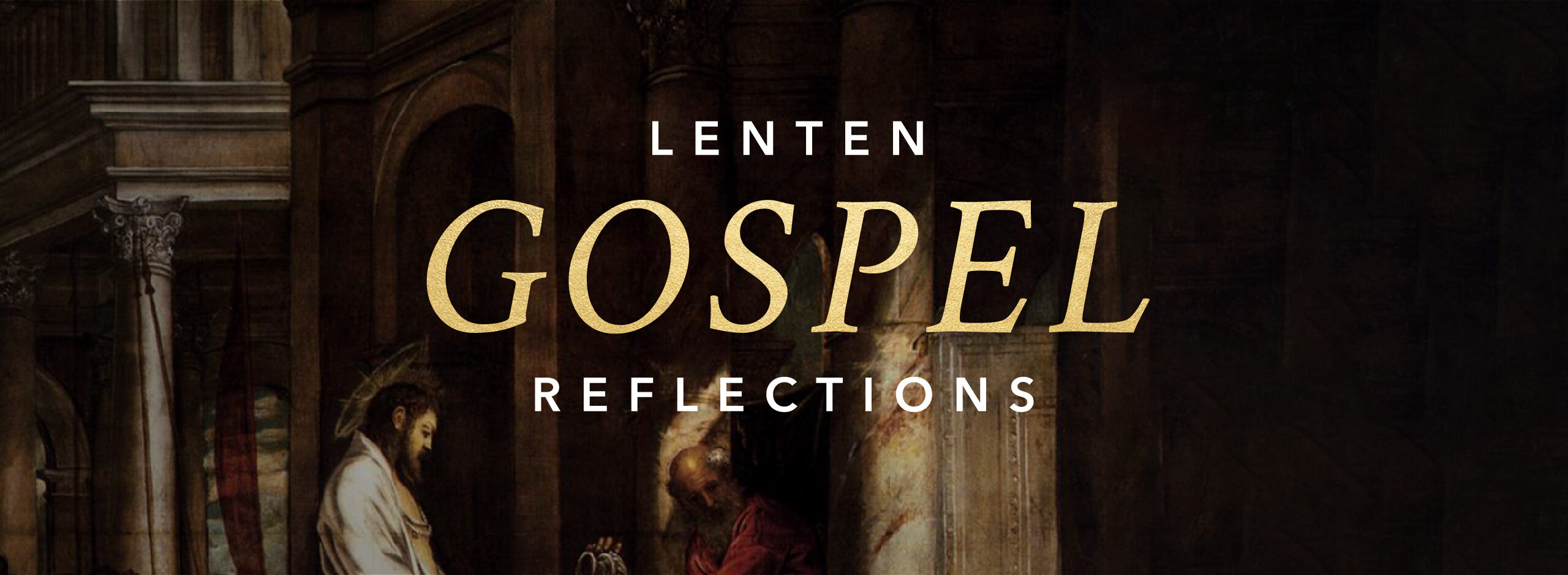Friends, at the core of today’s Gospel is a portrait of our God, who is prodigal. The father stands for the God whose very nature is to give, the God who simply is love. And the younger son stands for all of us sinners who tend to misunderstand how to access the divine love.
Since God exists only in gift form, his life, even in principle, cannot become a possession. Instead, it is “had” only on the fly, only in the measure that it is given away. When we cling to it, it disappears, according to a kind of spiritual physics.
The Greek that lies behind “distant country” in the parable is chora makra; that means, literally, “the great emptiness.” Trying to turn the divine gift into the ego’s possession necessarily results in nothing, nonbeing, the void. St. John Paul II formulated the principle here as “the law of the gift”—that your being increases inasmuch as you give it away. If clinging and possessing are the marks of the chora makra, then the law of the gift is the defining dynamic of the father’s house, where the robe and the ring and the fatted calf are on permanent offer.
